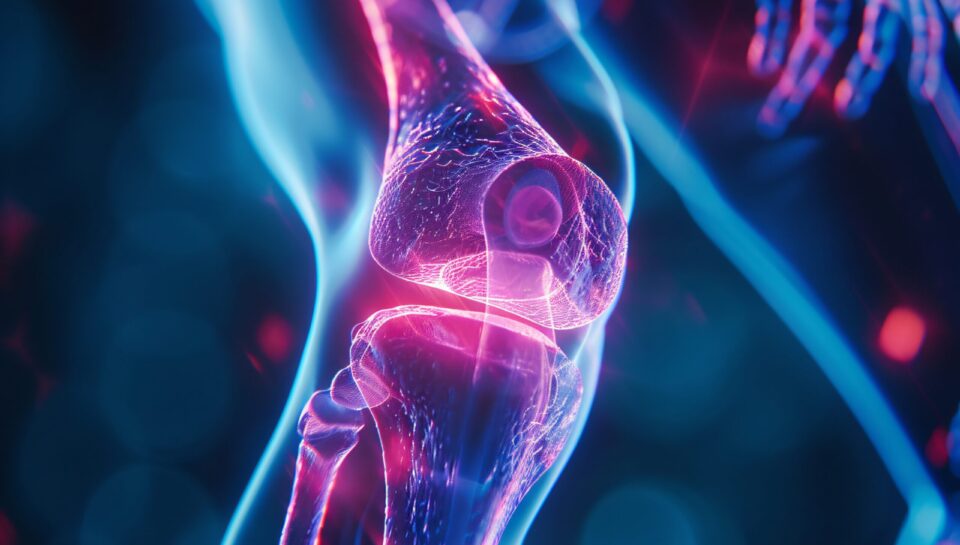Introduction
Bone marrow transplant (BMT), also known as hematopoietic stem cell transplant, is a critical, potentially curative therapy for a variety of blood disorders and malignancies. By replacing damaged or diseased bone marrow with healthy stem cells, BMT offers patients a new lease on life. At Apollo Hospitals Jabalpur—a premier Jabalpur hospital in Madhya Pradesh—we offer comprehensive transplant programs supported by advanced technology, multidisciplinary expertise, and compassionate care.
This guide provides an in-depth look at bone marrow transplant, covering:
- What a bone marrow transplant is and why it’s performed
- Indications and patient selection
- Types of transplants
- The transplant process, step by step
- Potential risks and complications
- Post-transplant care and long-term follow-up
- Why choose Apollo Hospitals Jabalpur for your transplant
What Is a Bone Marrow Transplant?
Bone marrow transplants involve infusing healthy hematopoietic stem cells into a patient whose bone marrow is damaged or dysfunctional. These stem cells home to the bone marrow, engraft, and begin producing healthy blood cells—red cells, white cells, and platelets.
Why Transplants Are Needed
Diseases that can destroy or impair bone marrow function include:
- Leukemias: Acute and chronic forms
- Lymphomas: Hodgkin’s and non-Hodgkin’s
- Aplastic anemia
- Multiple myeloma
- Myelodysplastic syndromes
- Inherited blood disorders: Thalassemia, sickle cell disease
- Severe immune deficiencies
In many of these conditions, conventional chemotherapy or radiation cannot completely eliminate diseased cells, or the marrow environment remains damaged. BMT replaces the diseased marrow with healthy cells, offering the only curative option for several of these disorders.
Indications and Patient Selection
Not every patient with a hematological disease qualifies for BMT. A thorough evaluation determines candidacy:
- Disease Status:
- High-risk or relapsed leukemias
- Aggressive lymphomas refractory to standard therapy
- Severe aplastic anemia unresponsive to immunosuppression
- Donor Availability:
- Autologous transplant: Patient’s own cells
- Allogeneic transplant: Matched donor (sibling, unrelated donor registry, or haploidentical)
- Umbilical cord blood: Alternative when adult donors unavailable
- Patient Fitness:
- Comprehensive assessment of cardiac, pulmonary, renal, and hepatic function
- Performance status scale (ECOG/WHO)
- Age and Comorbidities:
- While traditional upper age limits have relaxed, comorbidities are evaluated using scoring systems (HCT-CI)
- Psychosocial Support:
- Transplant requires months of intensive follow-up; a reliable support network is essential.
At Apollo Hospitals Jabalpur, our transplant team—including hematologists, transplant physicians, cardiologists, pulmonologists, and support staff—conducts a rigorous evaluation to identify suitable candidates and optimize outcomes.
Types of Bone Marrow Transplants
1. Autologous Transplant
- Definition: Patient’s own stem cells are harvested, stored, and reinfused after high-dose chemotherapy.
- Indications: Multiple myeloma, relapsed lymphomas, select solid tumors.
- Advantages: No risk of graft-versus-host disease (GvHD); lower transplant-related mortality.
- Disadvantages: Risk of reinfusing malignant cells; less graft-versus-tumor effect.
2. Allogeneic Transplant
- Definition: Stem cells from a matched donor are infused.
- Indications: Acute leukemias, aplastic anemia, thalassemia, sickle cell disease.
- Advantages: Graft-versus-tumor effect enhances disease eradication.
- Disadvantages: Risk of GvHD; need for immunosuppression; higher toxicity profile.
3. Umbilical Cord Blood Transplant
- Definition: Cryopreserved stem cells from umbilical cord blood.
- Indications: Patients lacking matched adult donors; pediatric and small adult patients.
- Advantages: Lower GvHD rates; easier donor availability.
- Disadvantages: Limited cell dose; delayed engraftment; higher infection risk.
4. Haploidentical Transplant
- Definition: Family donor sharing one HLA haplotype (parent, child).
- Indications: When HLA-matched donors are unavailable.
- Advantages: Immediate donor availability; expanding donor pool.
- Disadvantages: Increased risk of GvHD, though novel protocols mitigate this.
The Transplant Process: Step by Step
1. Pre-Transplant Evaluation and Conditioning
- Work-up: Detailed history, physical exam, imaging (CT chest/abdomen), organ function tests, infectious disease screening.
- Conditioning Regimen: High-dose chemotherapy, with or without total body irradiation, to eradicate disease and immunosuppress the patient to allow donor cell engraftment.
2. Stem Cell Collection and Infusion
- Autologous Harvest: Mobilization with G-CSF, sometimes combined with chemotherapy, followed by apheresis.
- Allogeneic Harvest: Donor receives G-CSF injections; peripheral blood harvest via apheresis; bone marrow harvest under anesthesia if indicated.
- Infusion Day (Day 0): Thawed stem cell product infused intravenously, similar to a blood transfusion. Engraftment typically occurs 10–25 days post-infusion.
3. Engraftment and Early Post-Transplant Care
- Neutrophil Engraftment: Defined as an ANC > 500/µL for three consecutive days.
- Platelet Engraftment: Platelets > 20,000/µL without transfusion support for seven days.
- Supportive Care: Prophylactic antibiotics, antifungals, antivirals; transfusion support; nutritional support; close monitoring for complications.
4. Monitoring for Complications
- Infections: Bacterial, viral (CMV, BK), fungal. Early recognition and treatment are critical.
- Graft-versus-Host Disease (Allogeneic): Acute (skin, liver, gut) and chronic forms; managed with immunosuppressants (cyclosporine, tacrolimus, steroids).
- Organ Toxicity: Veno-occlusive disease of liver, pulmonary complications, mucositis, renal impairment.
5. Long-Term Follow-Up
- Disease Surveillance: Regular bone marrow biopsies, chimerism studies, minimal residual disease monitoring.
- Late Effects: Secondary malignancies, endocrine dysfunctions, infertility, psychosocial adjustments.
- Rehabilitation: Physical therapy, psychosocial support, survivorship programs.
Potential Risks and Complications
While BMT offers curative potential, it carries significant risks:
| Complication | Description | Management |
|---|---|---|
| Infections | Due to prolonged neutropenia and immunosuppression | Prophylactic antimicrobials, prompt treatment |
| Graft-versus-Host Disease (GvHD) | Donor immune cells attack host tissues (allogeneic transplants) | Immunosuppressive therapy, photopheresis |
| Organ Toxicity | Liver, lung, kidney, heart damage from conditioning regimen | Supportive care, dose adjustments |
| Mucositis | Painful inflammation of mucous membranes in mouth and GI tract | Oral care protocols, pain management, TPN if needed |
| Veno-Occlusive Disease (VOD) | Liver sinusoidal obstruction | Defibrotide, supportive care |
| Secondary Malignancies | Increased risk of leukemia, solid tumors | Long-term surveillance |
Comprehensive supportive care at Apollo Hospitals Jabalpur’s transplant unit minimizes these risks and optimizes patient outcomes.
Why Choose Apollo Hospitals Jabalpur for Bone Marrow Transplant?
Apollo Hospitals Jabalpur stands out as a leading Jabalpur hospital for BMT due to:
- Multidisciplinary Expertise: A team of transplant physicians, hematologists, infectious disease specialists, intensivists, and nursing staff collaborate to provide holistic care.
- Advanced Infrastructure: Dedicated transplant unit with HEPA-filtered rooms, state-of-the-art apheresis and cell processing labs.
- Personalized Care Plans: Tailored conditioning regimens, prophylactic strategies, and rehabilitation protocols based on individual risk profiles.
- Comprehensive Support Services: 24/7 critical care, pharmacy support, nutritional counseling, psychosocial and rehabilitation services.
- Research and Innovation: Participation in clinical trials, novel transplant protocols (haploidentical, reduced-intensity conditioning) to expand treatment access.
- Accreditations and Outcomes: Recognized for excellence in transplant outcomes, infection control measures, and patient satisfaction.
Conclusion
Bone marrow transplant represents a beacon of hope for patients with otherwise incurable hematological diseases. With cutting-edge technology, a highly skilled multidisciplinary team, and a patient-centric approach, Apollo Hospitals Jabalpur delivers world-class transplant services in the heart of Madhya Pradesh.
If you or a loved one is considering a bone marrow transplant, we invite you to schedule a consultation with our transplant experts at Apollo Hospitals Jabalpur—a trusted Jabalpur hospital dedicated to transforming lives through advanced medical care.
Contact us today to learn more about our bone marrow transplant program or to book an appointment.





